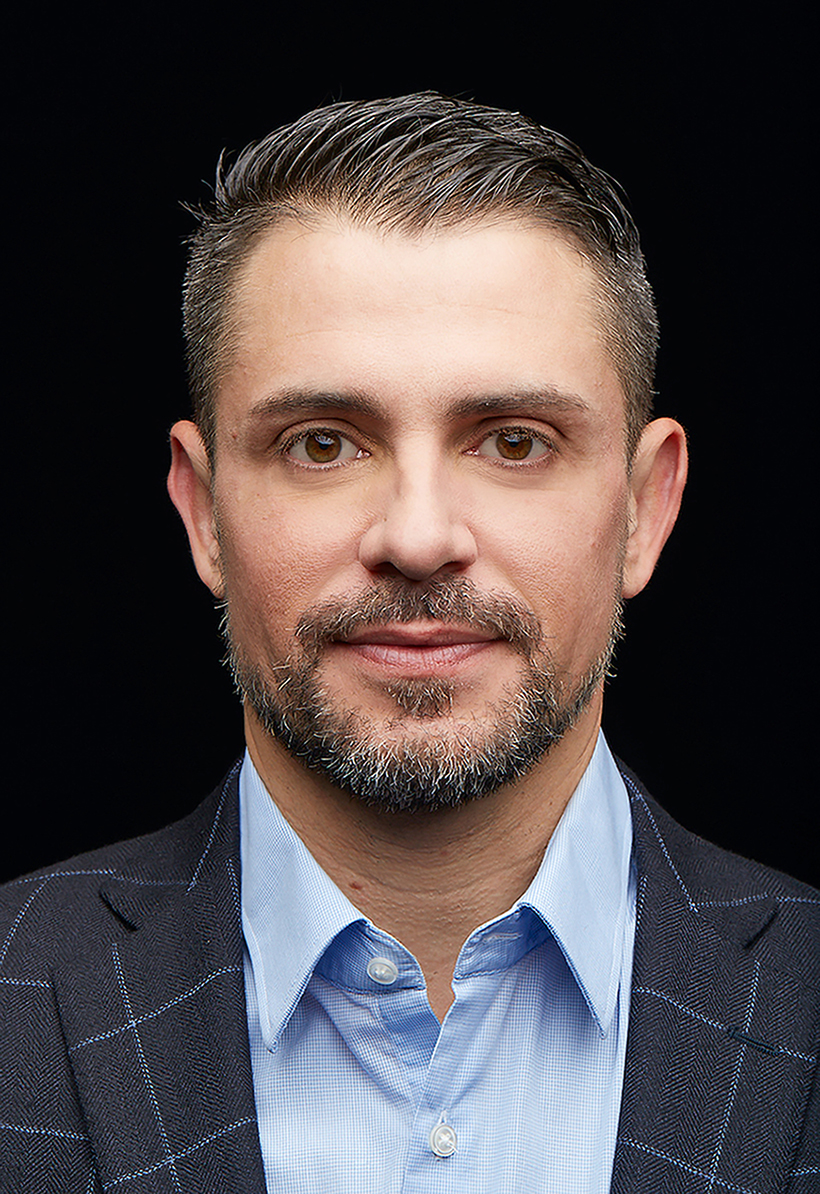Neuroscientist and sports physiology expert Dan Pardi will lecture at IHMC Ocala on May 18th.
Dan Pardi played left midfield on his middle school’s soccer team. When he tripped and injured his ankle, he couldn’t play for weeks, so he studied anatomy to understand how he got hurt and how to prevent another injury.
“My teammates would always ask me what sports drink to drink before the game,” Pardi reminisces. “It was very junior varsity-level information, but the interest started there.”
Years later, Pardi’s father died of cancer before turning 60. The loss instilled in Pardi a desire to help people live longer and approach health in terms of what we need to do, not just what illnesses we have or don’t have.

As part of this mission, Pardi will discuss “How to Measure Health” as the next speaker in the Institute for Human and Machine Cognition’s (IHMC) evening lecture series.
The neuroscientist and sports physiology expert says he explores how our culture frames the way we define and talk about health, along with trends in life expectancy, the “sick care system” and what we can do to create positive outcomes.
His ideas are borne of research in psychiatry and behavioral sciences at Stanford University and in the departments of neurology and endocrinology at Leiden University in The Netherlands, where he received his Ph.D. and investigated the influence of lifestyle factors on sleep, decision-making, cognitive performance and metabolism.
He claims that habit-building involves training, which is missing from the medical establishment, schools and our everyday lives.
“If you just told someone, ‘Remember to fly your helicopter,’ without any training, the way doctors give you advice on the way out of their office, that could be disastrous,” he offers.
Pardi has collaborated with Adobe, Workday, Pandora and many other companies and consults with several branches of the U.S. military, including the Special Forces and Naval Special Warfare. He lives in Austin, Texas, with his wife and three sons, where he runs the digital health training app, humanOS.me. His team collaborated with more than 100 health-science professors to create the app.
“It’s broken up into little lessons,” he says, “and the idea is that you get a really good framework and understanding of a concept, so you don’t get lost in the details.”
In short, Pardi suggests we approach health the way we take on playing the guitar or a sport: “Practice!” OS
The lecture, which will take place at 15 SE Osceola Ave., will begin with a reception at 5:30pm. To register to attend, go to ihmc.us/life/evening_lectures/ocala-lecture-series






